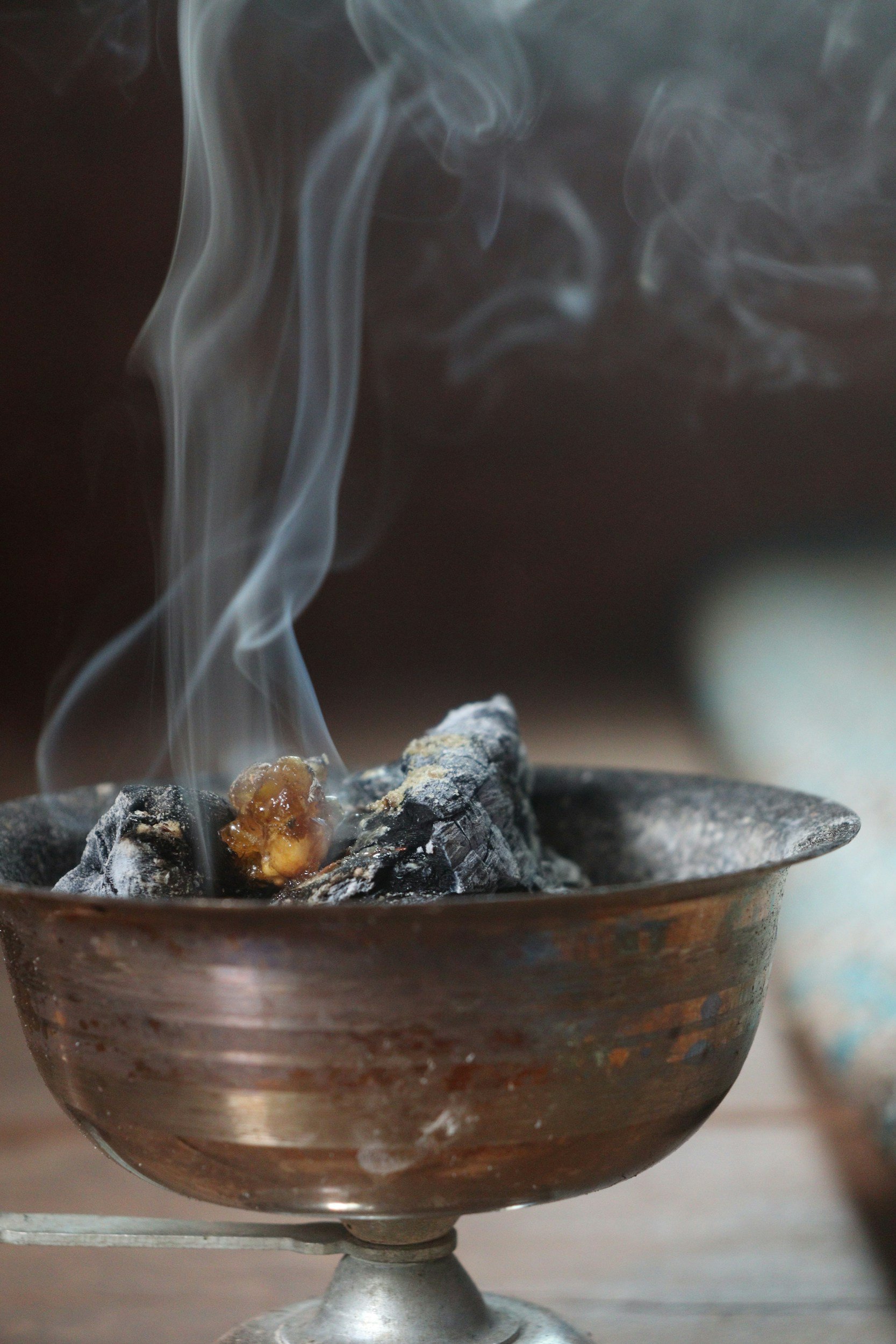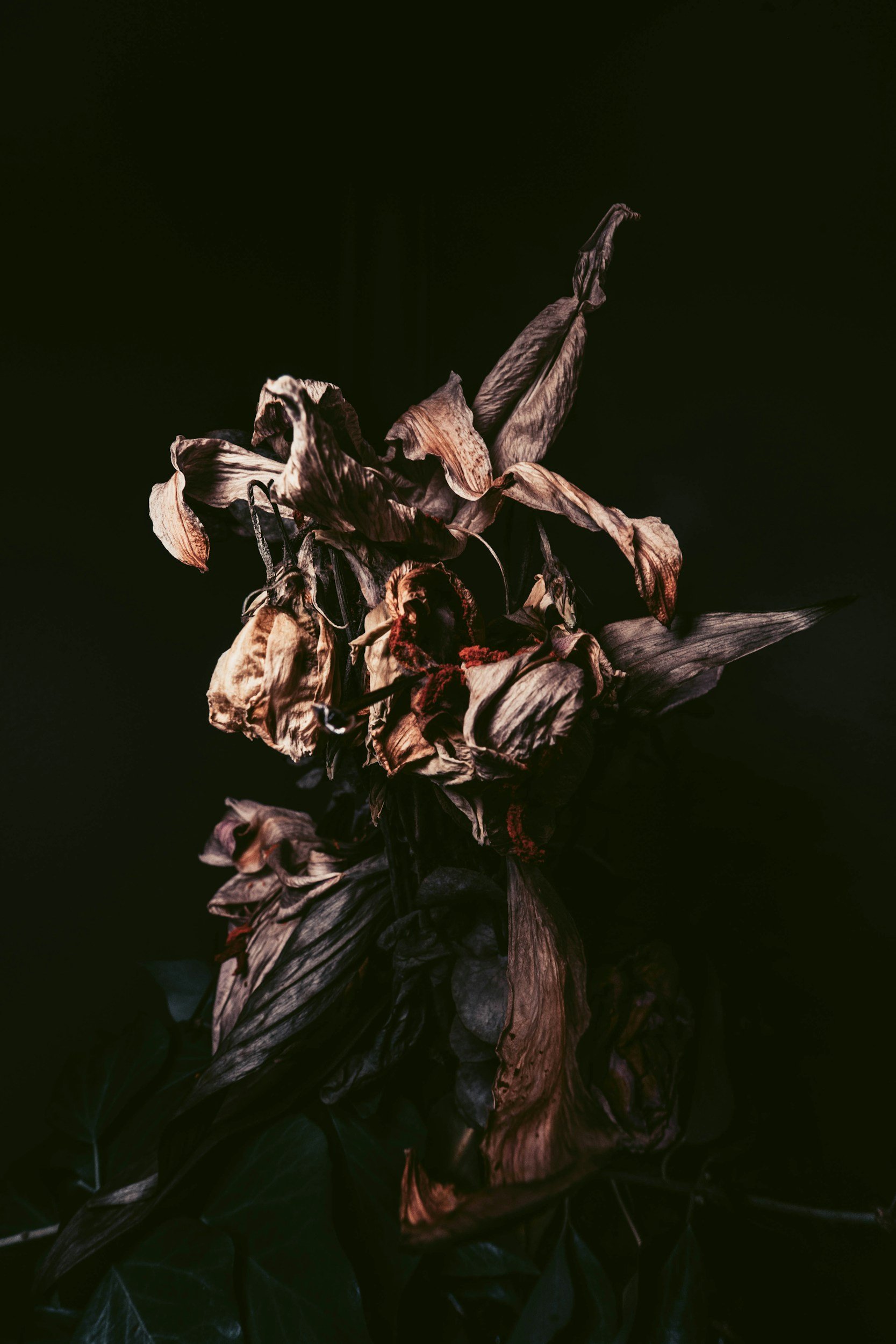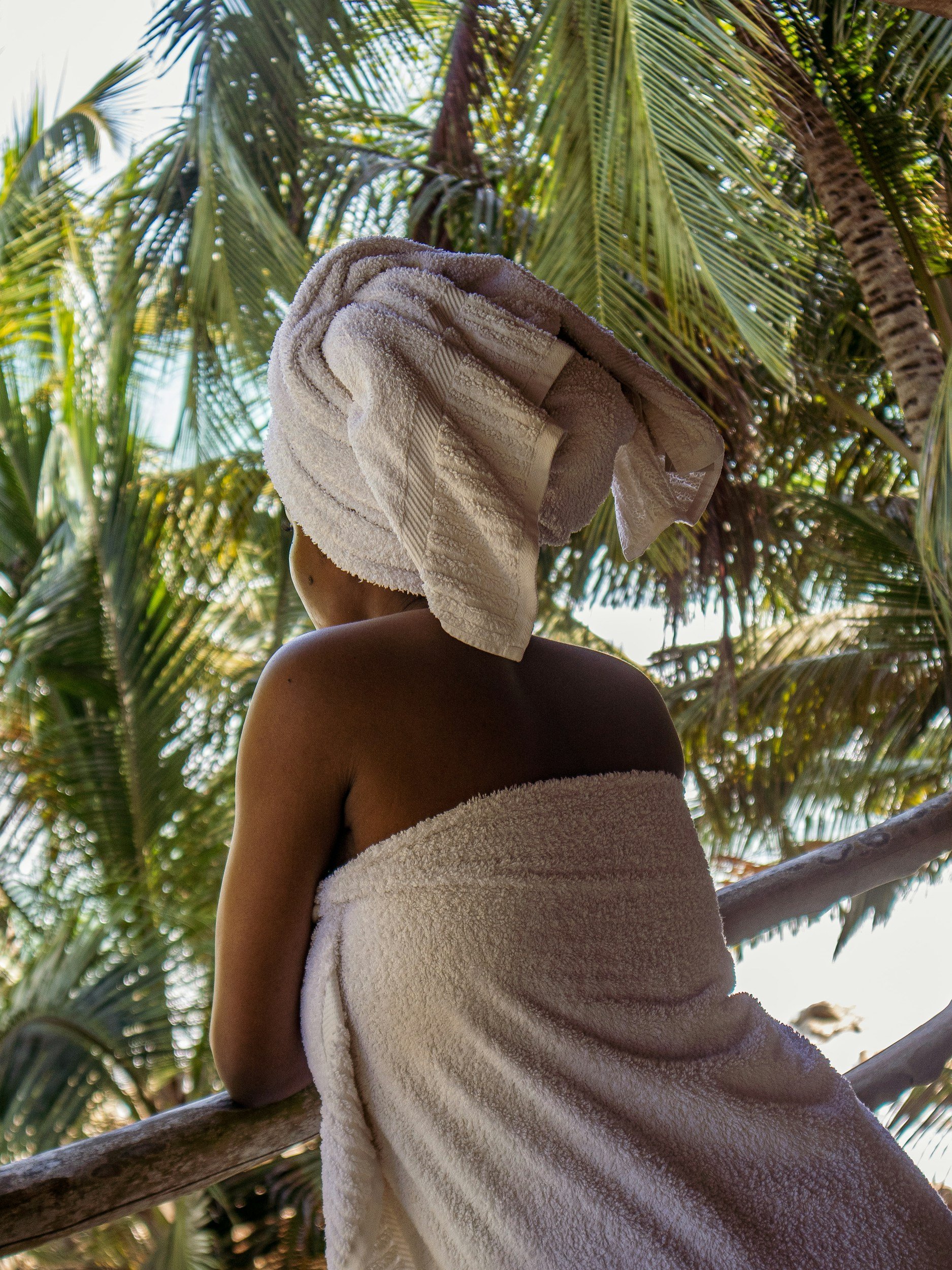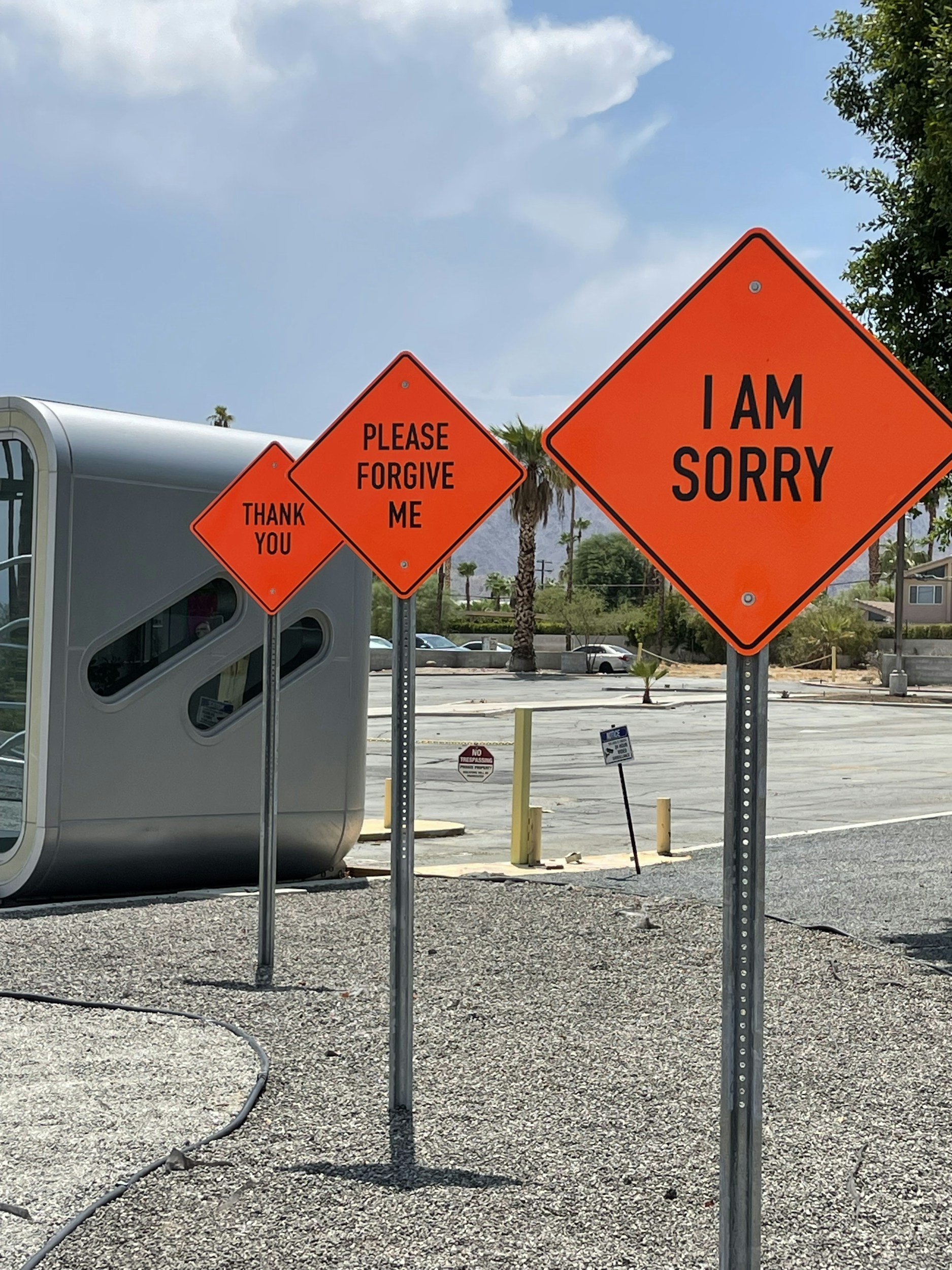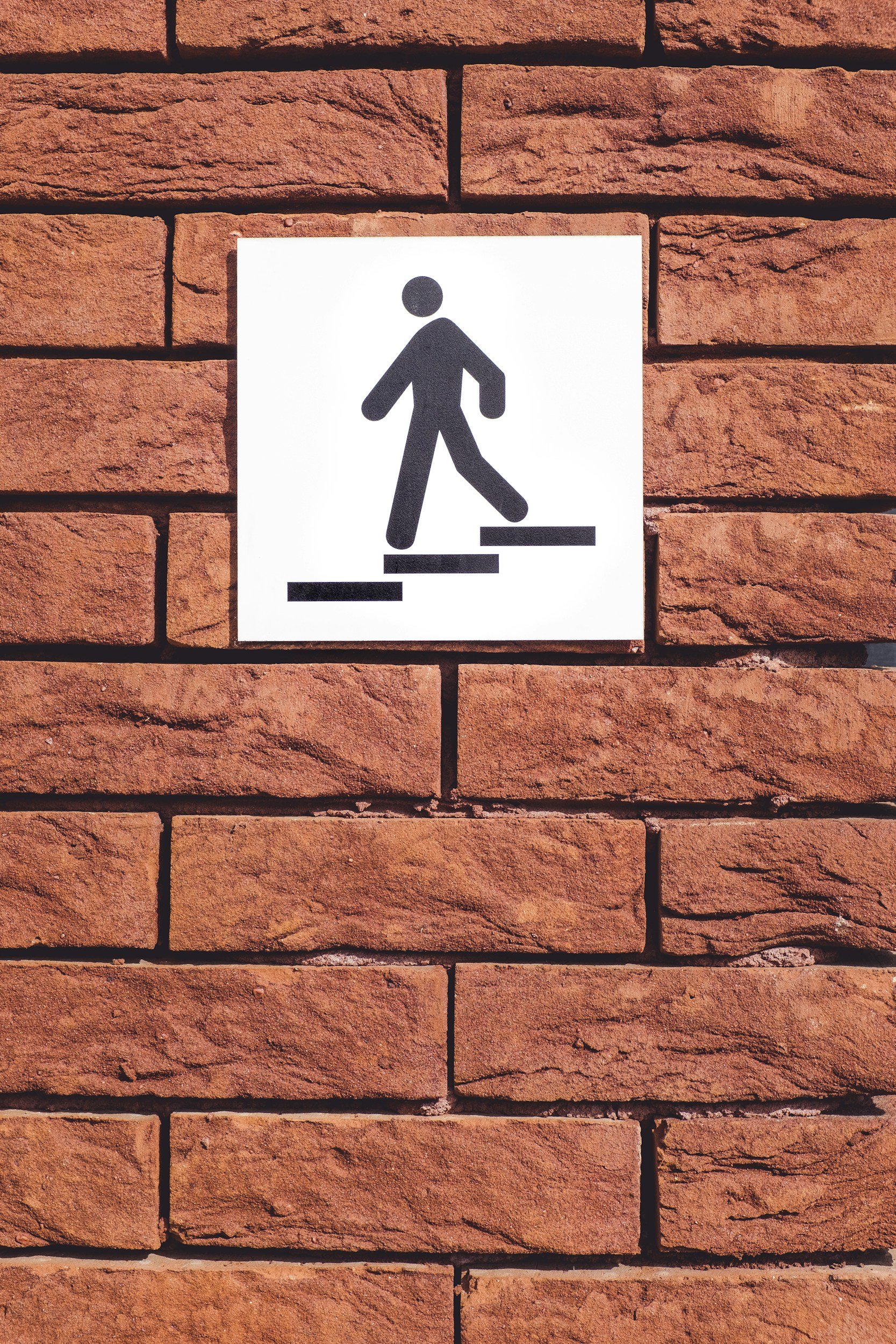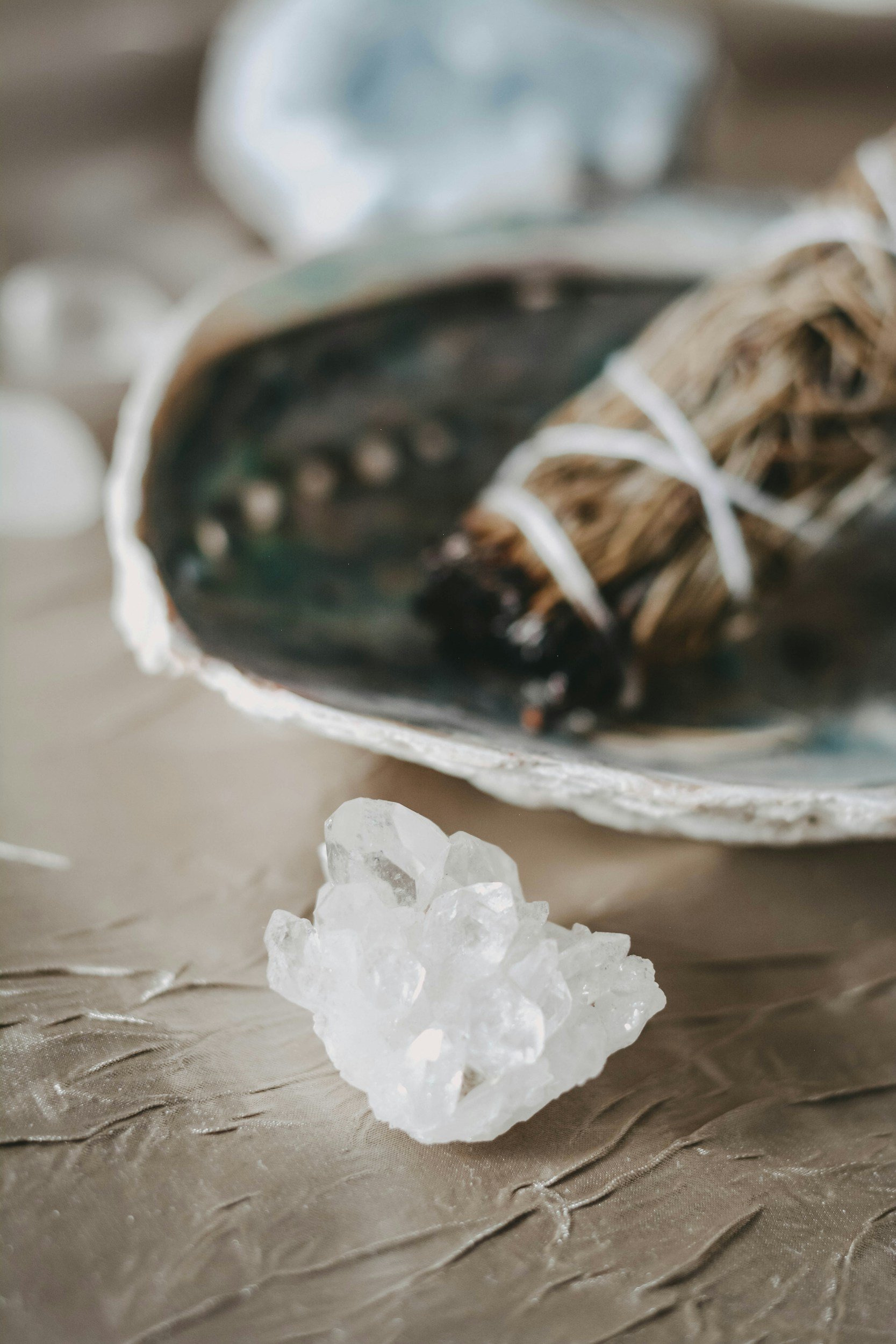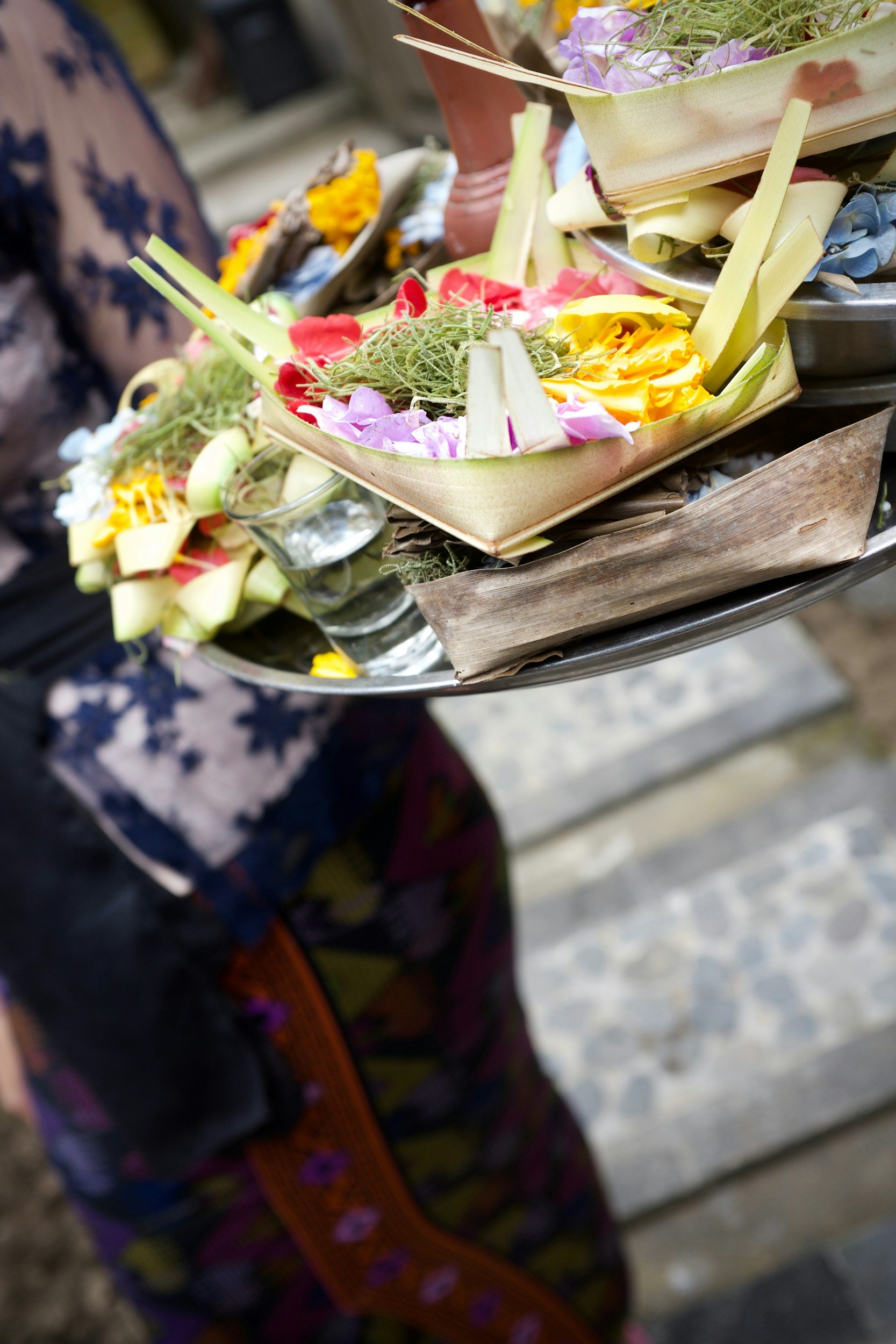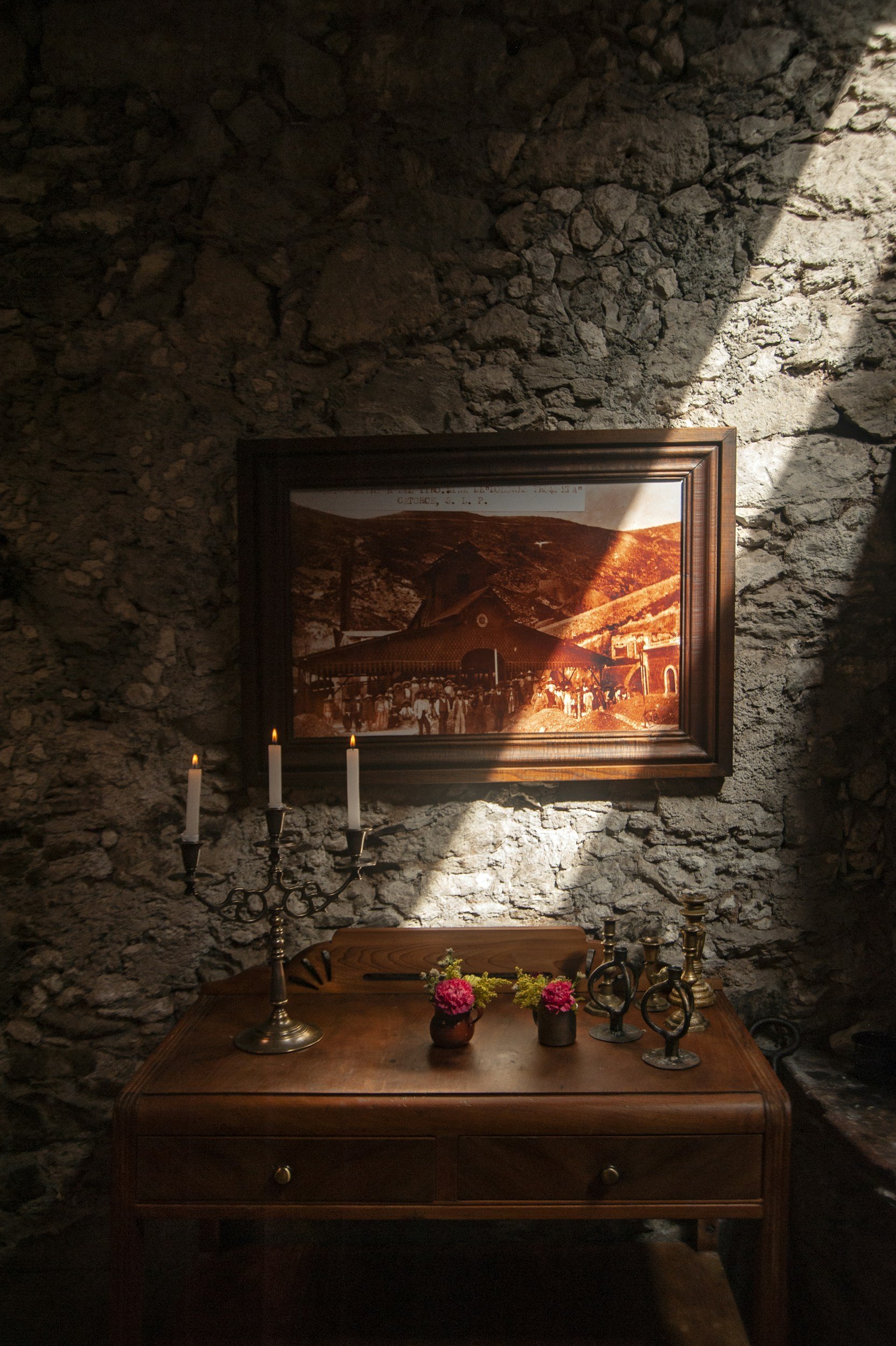Nzu na Mmiri: 3 Reasons Why Water & Sacred White Chalk Have Interchangeable Roles in Igbo Spirituality
In Odinani, natural elements play vital roles in rituals, healing, and everyday life. Among these elements, water (Mmiri) and sacred white chalk (Nzu) hold significant places due to their purifying properties and deep cultural symbolism. In this post we will highlight three main reasons why Water and Nzu can often substitute for each other in various spiritual practices, noting their importance and interchangeability in Igbo spirituality.
3 Reasons Why Water and Nzu are Interchangeable
1. Purification Properties
Both Water and Nzu are revered as powerful purifiers in Igbo spirituality. Their use in rituals and daily practices underscores a fundamental belief in their ability to cleanse not just physically but spiritually.
Water as a Cleanser: Water (mmiri) is universally acknowledged for its cleansing properties. In Igbo culture, it is considered as the ultimate purifier, used in rituals to wash away impurities from objects, places, and people. Its fluid nature allows it to flow over surfaces and through fabrics, carrying away dirt and negative energies. Water is essential in rites of purification, from the washing of hands and feet before partaking in Igo Mmuo or entering sacred spaces to its use in initiation practices that cleanse the spirit.
Nzu as a Symbolic Purifier: Nzu, or white chalk, is more than just a physical substance; it represents purity, peace, and protection in Odinani. While it does not cleanse in the traditional sense like water, Nzu marks objects, places, and people as sacred, thereby spiritually purifying them. It is used to draw sacred symbols that ward off evil spirits and invite positive energy. When applied to the body, Nzu symbolizes a clean slate, free from spiritual blemishes.
2. Symbolic Significance in Rituals
The roles of water and Nzu in Igbo rituals are usually interchangeable due to their symbolic significance. Both are used to sanctify and prepare practitioners and spaces for spiritual activities.
Water in Rituals: Water is used in a variety of rituals to signify new beginnings and spiritual cleansing. For instance, during Ibu Mmiri, the presence of water is required for direct communication with one’s spirit guides.
Nzu in Rituals: Similarly, Nzu is used to prepare and sanctify spaces. During important community meetings or consultations with the divine, Nzu is held, sprinkled or placed at locations to signify sanctity and the presence of divine protection. It is also used to mark participants, granting them safe passage into the spiritual realm during rituals.
3. Natural Occurrence and Accessibility
Both Nzu and water are naturally occurring substances, which amplifies their significance and accessibility in Igbo culture. Their presence in the natural environment is viewed as a blessing and a direct link to the earth’s (Ala) and water’s (Nnemmiri) regenerative properties.
Nzu Found in Water: Interestingly, Nzu is usually found in water or wet environments, which ties its properties closely to those of water. This natural pairing in the environment underscores their connectedness in Igbo thought. The fact that Nzu can be harvested from aquatic settings symbolizes a spiritual and elemental synergy between earth and water, which is mirrored in their use.
Final Thoughts
Water and Nzu are both fundamental to the spiritual practices of the Igbo people, each of them hold deep purifying and protective powers. Their use in rituals and daily life underscores the Igbo belief in cleanliness, purity, and the sacredness of nature’s gifts. Having a good understanding of the reasons behind their interchangeability in spiritual contexts reveals the depth of Igbo cosmological thought and the immense ancestral connection to their natural environment. Through the continuous use of Nzu and Mmiri, Igbo people maintain a spiritual balance and purity essential to both their cultural identity and spiritual well-being.
Recommended Resources:
Nzu Invocation, Igbo-ukwu, Nigeria | (Re)Entanglements Projects (YouTube)
How To Pray With Ọjị, Nzú and Èdó, In Odinani Ìgbò - Ịgọ Ọfọ | Voice Of The Sun (YouTube)
Nzu Igbo and Its Uses | Dibia Nwangwu Uchendu (Blog)








